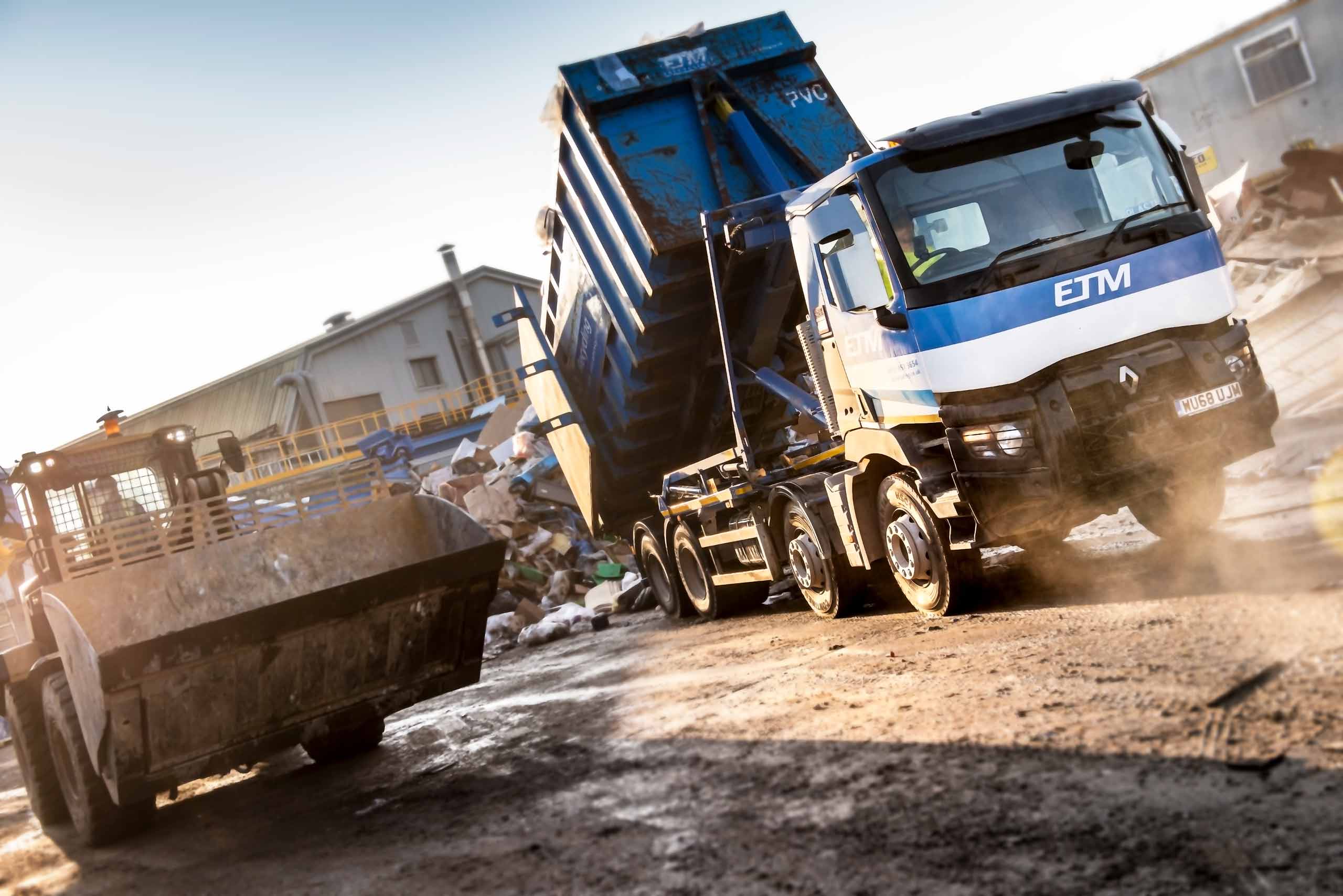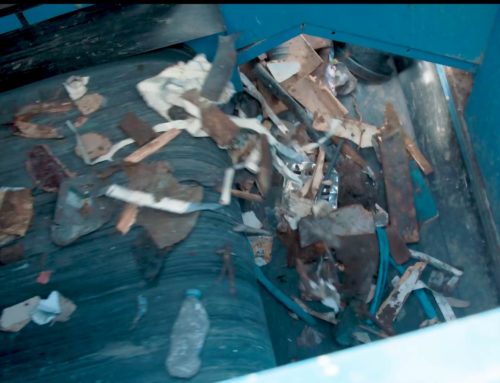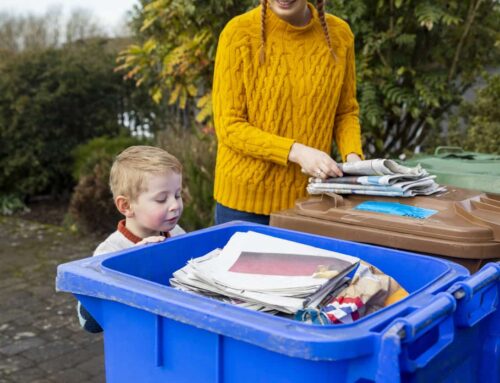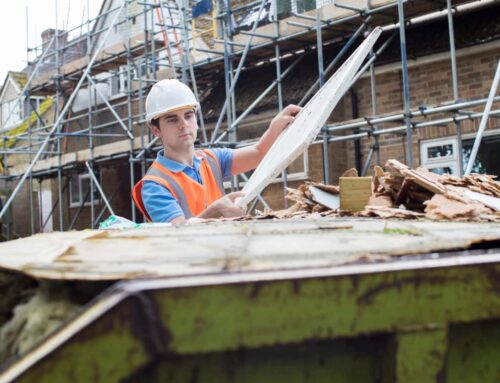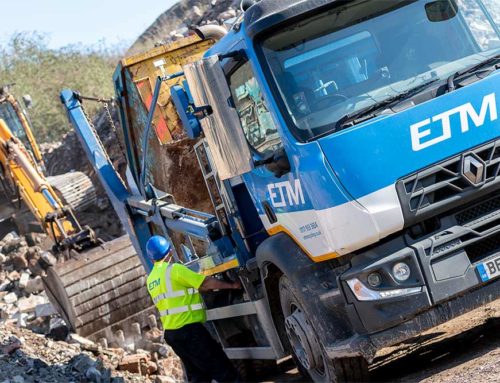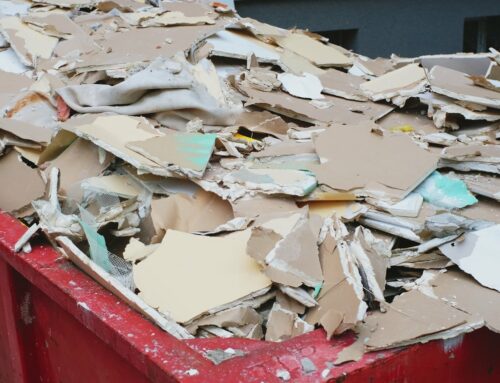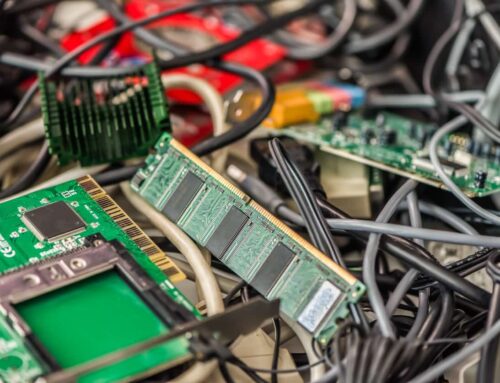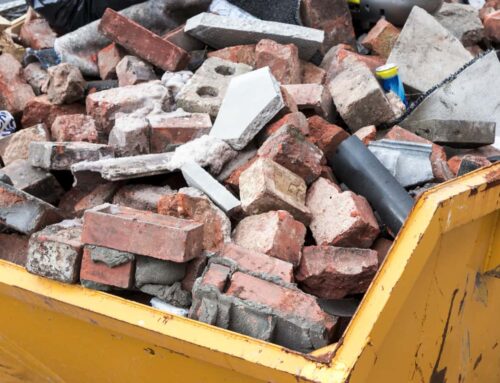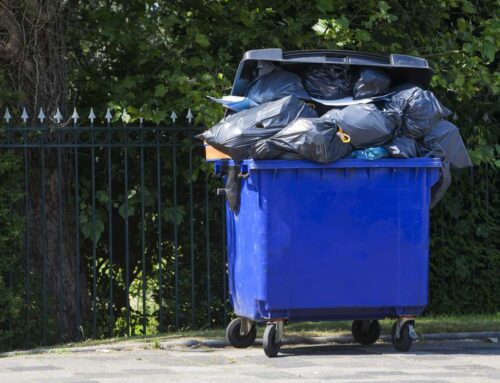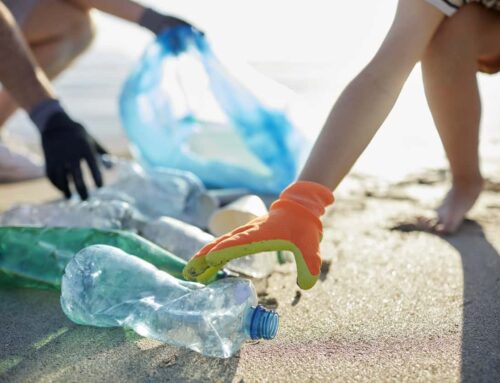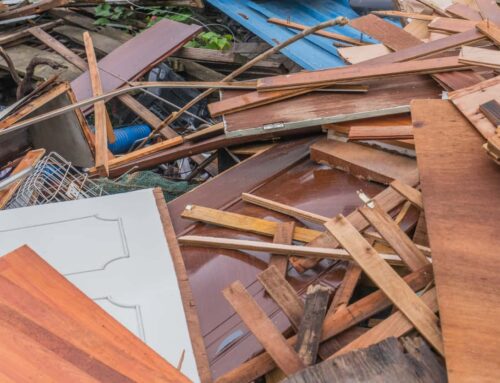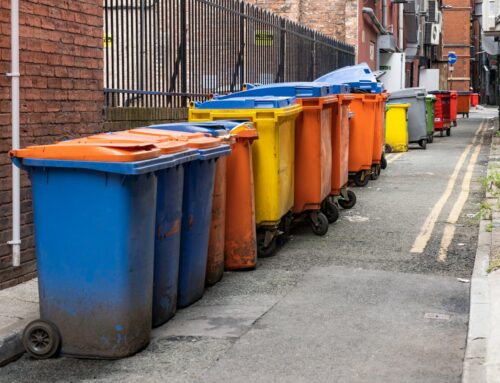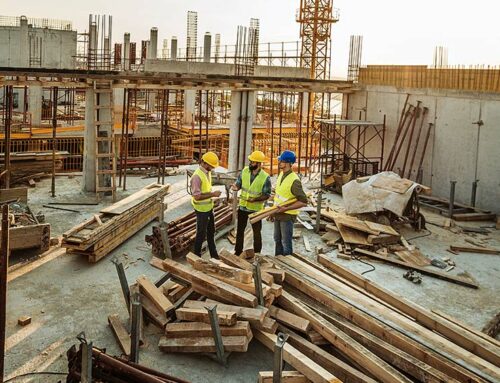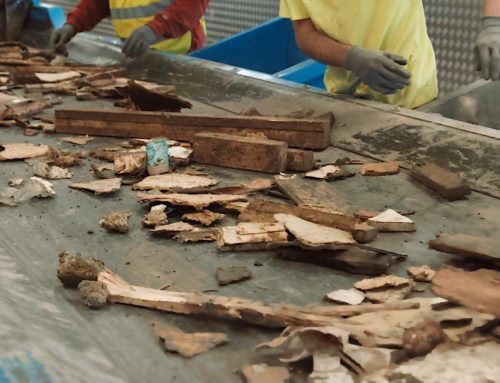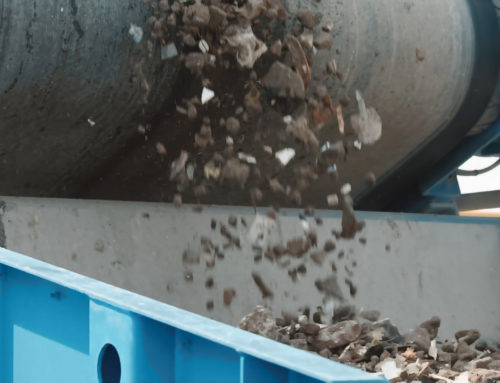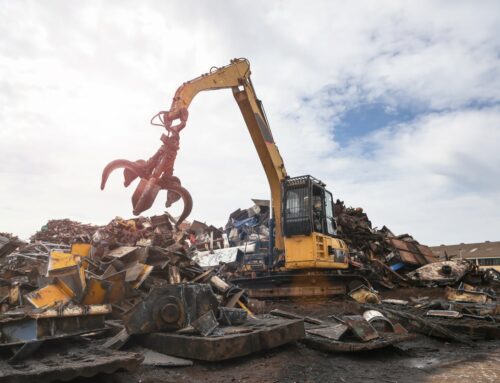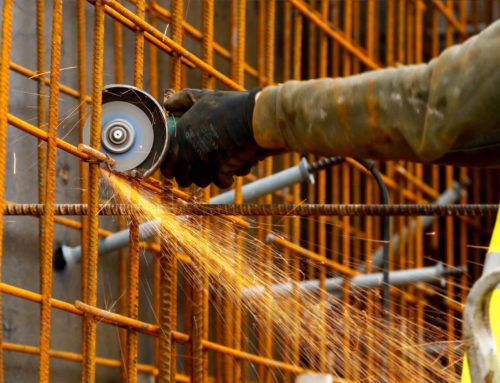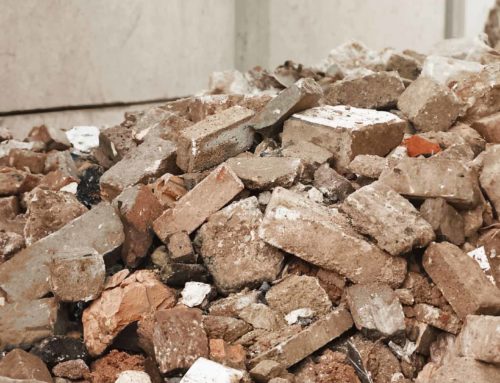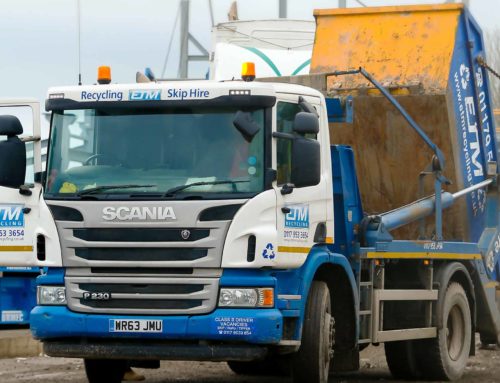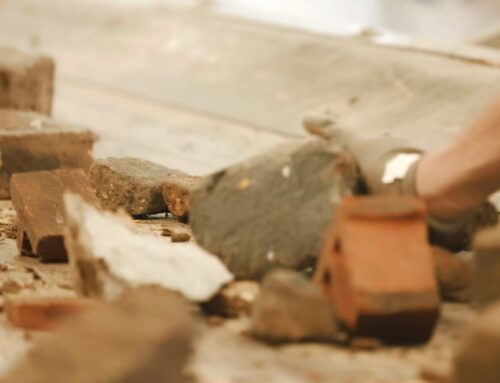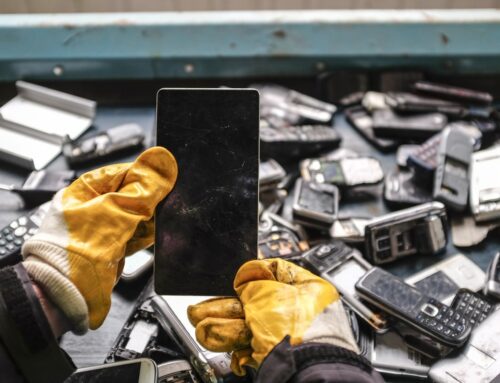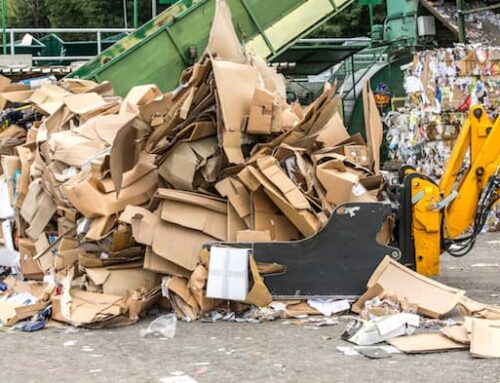Many organisations produce hazardous waste in their daily practices, even those that you might not expect. The UK produces millions of tonnes of hazardous waste every year. If incorrectly disposed, it can cause serious harm to both people and the environment.
Legislation requires businesses and organisations to correctly manage hazardous waste. If ignored, there can be repercussions such as large fines, prosecution and possible imprisonment. It can be difficult to manage your rubbish, and knowing where to start is tricky. At ETM Recycling, we’ve been managing hazardous waste in Bristol and the South West for years. That’s why we’ve put together this guide to help you wrap your head around hazardous waste management, and to keep you compliant with the Hazardous Waste Regulations 2005.
What is Hazardous Waste?
Any waste that is harmful to humans or the environment is considered hazardous. Many people don’t realise that some of their waste is considered hazardous. Some examples include:
- Chemicals such as brake fluid, print toner, et cetera.
- Asbestos
- Batteries
- Paints and solvents
- Pesticides
- Inedible oils (e.g., car oils)
- White goods and equipment that contains ozone depleting substances (fridges, air-conditioners, et cetera).
- Aerosols
- Radioactive wastes
- Many electronics such as computers, televisions and mobile phones.
In the past, some hazardous materials were allowed to be disposed in regular landfills. When hazardous waste is disposed of incorrectly, toxic materials seep into the ground. Following this, it’s only a matter of time before this toxicity enters into rivers/waterways and is distributed further. As a result, strict legislation was put in place to ensure that all waste is managed correctly before disposal, incentivising recycling.
How to Correctly Manage Hazardous Waste
Hazardous waste can’t be thrown in the bin, or disposed of in landfill. Unfortunately, it’s a little more complicated than that.
In order to dispose of hazardous waste, you need to have the relevant qualifications. That’s why it’s important to involve hazardous waste management experts if you aren’t qualified. There are a few important steps and tips for proper hazardous waste management.
Waste Storage
Before any disposal or recycling can take place, the waste needs to be properly handled. You have a legal responsibility to correctly store any hazardous waste that’s awaiting collection.
The maximum amount of hazardous waste that you can store (for up to 12 months) without a permit is either 23,000 litres of secure liquid, or 80 cubic metres of other waste in a secure container. If you need to store larger quantities than this, for longer periods, you’ll need to apply for an environmental waste permit.
There are also a few steps that need to be adhered to when storing hazardous waste, even if for a short period, you must:
- Store it in a compatible, leak-proof and sealed container.
- Separate out different types of waste – this includes separating both hazardous from non-hazardous, and different types of hazardous waste from each other.
- Label packaging correctly to ensure that there is no cross-contamination.
- Have a designated waste area that is regularly inspected to make sure that there are no issues.
- Prominently display written instructions for storing and disposing of each waste type.
- Maintain an inventory of waste in order to help emergency services in the case of an emergency.
In addition to this, you should train your staff in correct procedures. This serves to protect both your employees and your business/organisation from any accidental contamination.
Waste Treatment
Depending on the type of waste, various treatments will be used in order to either neutralise or destroy the material. This varies from high-heat incineration to chemical methods that expose hazardous waste to carefully curated substances that react and detoxify. This is a crucial process that is designed to allow waste to be either disposed or recycled.
Waste Disposal
Once processed, hazardous waste is transferred to a specialist landfill. Certain landfills aren’t equipped to handle hazardous goods, even if they’ve been treated. As a result, it’s good practise to contact the landfill well in advance to check.
Waste Recycling
The best solution is to recycle the waste into something that can be used again – this keeps rubbish out of landfill and drastically reduces the environmental impact that waste has. As technology improves, more and more waste can be recycled. This includes electronics (fridges, freezers, TVs, etc.), fluorescent bulbs, smaller electricals and more.
Hazardous Waste Management with ETM Recycling
At ETM Recycling, our priority is on diverting as much of Bristol’s waste as possible from landfill, all while providing a cost-effective and client-focused service.
We understand that hazardous waste management can be a difficult topic to wrap your head around. That’s why we’re on hand to help in any way that we can. Get in touch with us by clicking here. Our team is on hand to advise on the best way to manage all of your waste disposal needs, working on bespoke, tailored solutions to match your unique situation.
